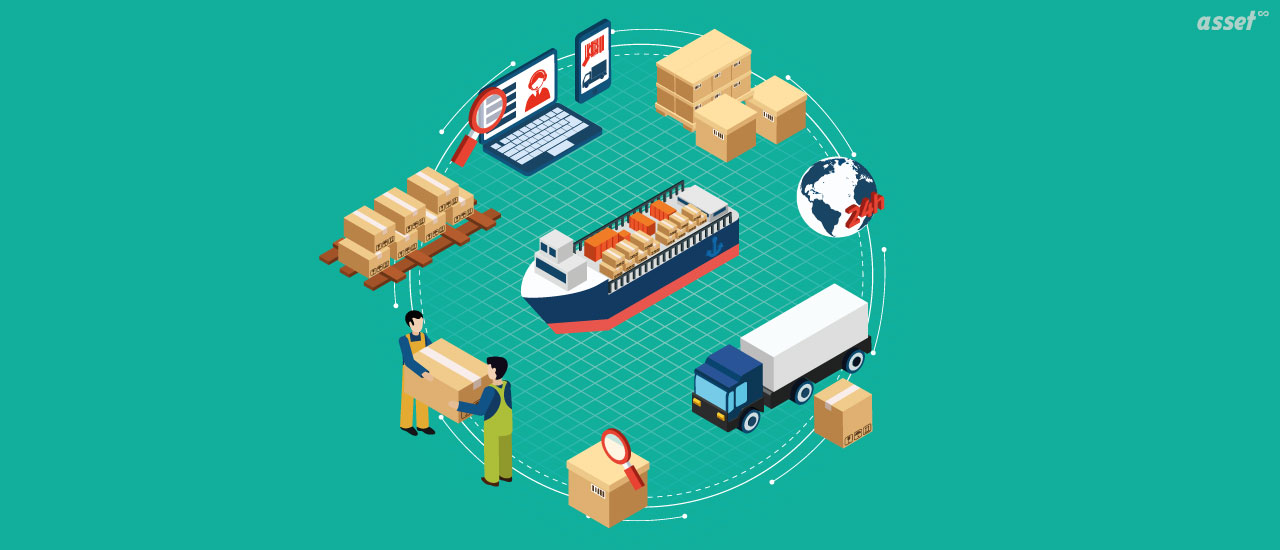Theo dõi hậu cần: Revolutionizing Supply Chain Visibility and Efficiency
![]()
In today’s globalized business environment, logistics tracking has become a critical component of supply chain management. The ability to track and monitor the movement of goods and materials throughout the supply chain is essential for ensuring efficiency, reducing costs, and maintaining customer satisfaction. Logistics tracking not only revolutionizes supply chain visibility but also enables companies to make informed decisions, optimize operations, and respond quickly to market changes.
- Introduction to Logistics Tracking
Logistics tracking refers to the process of monitoring and tracing the movement of goods and materials from the point of origin to the destination. It involves the use of various technologies and systems to gather real-time data on the location, condition, and status of goods as they traverse the supply chain. This data is then used to optimize operations, reduce risks, and improve decision-making.
- Key Benefits of Logistics Tracking
Logistics tracking offers a range of benefits to companies operating in various industries. Here are some of the key advantages:
- Enhanced Visibility and Transparency: Logistics tracking provides companies with real-time data on the location and status of their goods. This visibility enables them to monitor the movement of goods throughout the supply chain, identify bottlenecks and delays, and make adjustments to optimize operations.
- Improved Decision-Making: With accurate and timely data on the supply chain, companies can make informed decisions about inventory management, transportation, and warehousing. This data-driven decision-making helps companies reduce costs, improve efficiency, and meet customer expectations.
- Risk Mitigation: Logistics tracking enables companies to identify and mitigate risks associated with the supply chain. By monitoring the movement of goods, companies can detect potential issues such as theft, damage, or delay and take prompt action to address them.
- Enhanced Customer Satisfaction: By providing customers with accurate and timely information on the delivery status of their orders, logistics tracking helps companies maintain customer satisfaction. Customers appreciate the transparency and ability to track their orders, which improves their overall experience with the company.
- Technologies Driving Logistics Tracking
Several technologies are driving the evolution of logistics tracking, including:
- GPS and Geolocation: GPS and geolocation technologies enable the precise tracking of goods and materials in real-time. These technologies provide companies with accurate location data, enabling them to monitor the movement of goods and optimize transportation routes.
- IoT and Sensor Technology: The Internet of Things (IoT) and sensor technology allow for the monitoring of goods’ condition and status throughout the supply chain. Sensors can detect changes in temperature, humidity, pressure, and other critical parameters, ensuring that goods remain in optimal condition during transit.
- Blockchain Technology: Blockchain technology offers a secure and tamper-proof platform for tracking and tracing the movement of goods. By using blockchain, companies can ensure the authenticity and integrity of supply chain data, reducing the risk of fraud and misinformation.

- Challenges and Solutions in Logistics Tracking
Despite the benefits of logistics tracking, companies face several challenges in implementing and managing effective tracking systems. These challenges include data integration, privacy and security concerns, and the need for skilled personnel. To address these challenges, companies can adopt standardized data formats, invest in robust security measures, and provide training and development programs for their employees.
- Conclusion
Logistics tracking is revolutionizing supply chain visibility and efficiency. By providing companies with real-time data on the location, condition, and status of goods, logistics tracking enables them to make informed decisions, optimize operations, mitigate risks, and enhance customer satisfaction. As technologies continue to evolve, logistics tracking will become even more sophisticated and capable, further enhancing the efficiency and profitability of supply chain operations.